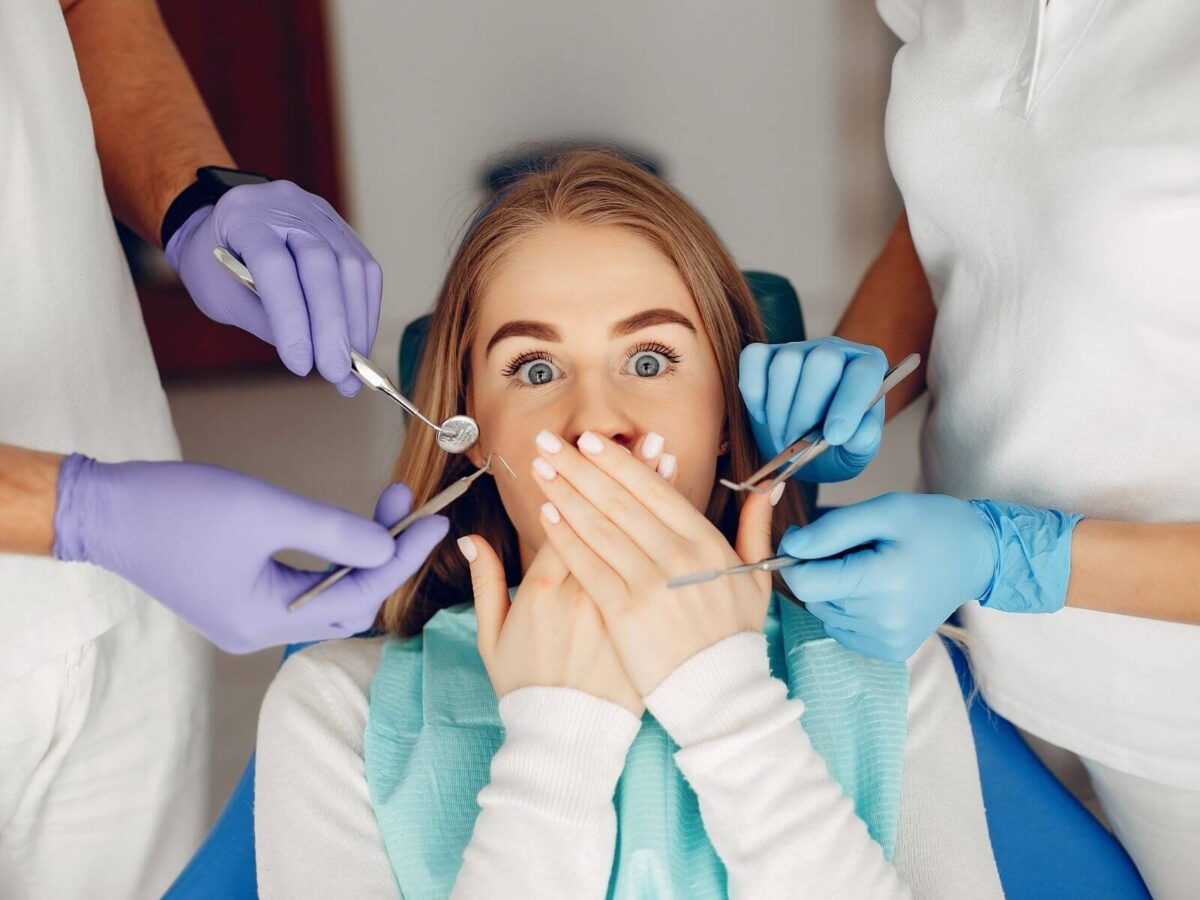Blog
Dental hygiene tips for healthy teeth & gums

Emergency Dental Care: What To Do When A Dental Emergency Strikes
Emergencies affecting dental health typically strike without warning during unexpected times. Effective response strategies are crucial in determining incident outcomes and reducing emotional distress. Through our advanced healthcare traditions, we offer the best dental facilities that extend premium emergency dental treatment for local and international patients.
Quick medical intervention plays a critical role during dental emergencies because it prevents tooth loss while saving teeth that suffer from knocked-out teeth, severe infections, or painful dental abscesses.
The dental clinics maintain highly trained emergency services to deliver rapid and efficient medical care to all patients. Dental visitors and international residents stay calm when they discover access to high-quality dental services at the city’s best healthcare institutions.
Understanding Dental Emergencies
Dental emergencies create sudden stress that demands urgent medical attention to prevent dangerous health consequences. Understanding the criteria for dental emergencies enables you to react efficiently and receive prompt medical care.
What is included in a Dental Emergency?
Dental emergencies typically include:
- Knocked-out teeth are emergencies because you must handle them immediately. Call us immediately to restore a lost tooth to its natural position or keep it moist with milk.
- Broken or cracked teeth create exposure of the sensitive nerves of teeth, leading to intense pain and a more significant opportunity for microbial infections.
- Delayed treatment of intense toothache indicates an abscess or additional dental issues that call for immediate medical intervention.
- Infections under the gums or near tooth roots, called abscesses, demand prompt intervention because untreated abscesses present harmful health risks.
We should take a safe approach rather than face possible risks. Contact Mathis Dental for guidance about the appropriate treatment if you experience dental pain and injuries.
Emergency Dental Care: What to Do and Steps to Follow:
People typically dismiss the need for emergency dental services until it happens to them, although the explanations for such treatment seem logical. This provides the most effective strategy.
- Your dental exam begins by finding any lost components of your tooth or teeth so your dentist can consult about their potential saving ability. Tooth reimplantation becomes feasible when the tooth remains in decent condition.
- Wash your broken tooth to eliminate trapped debris, but do so carefully to prevent the loss of tooth pieces. You should clean the tooth first, then create an airtight storage container filled with milk to preserve it. Tupperware or essential food storage containers work well for this purpose. The tooth preservation process protects it from drying out and root swelling, leading to long-term retention.
- Rush to a dentist.
Immediate Actions to Take During a Dental Emergency
A dental emergency requires quick and accurate intervention to shape the outcome, and this becomes even more critical when you are away from home. Your teeth and severe complications will remain at bay whenever you know the correct actions and are ready to act.
- Always hold the crown instead of the root section for a knocked-out tooth.
- Wash the area with water while keeping the tooth in place. If possible, push the tooth back into the socket. Put the tooth in milk or purchase a tooth preservation product, and then visit your dentist immediately. You need prompt dental care within 30 minutes of a tooth injury.
- Cleansing the damaged area with warm water is necessary. A cold compress can reduce swelling in your facial tissues. When possible, save and keep any fragments of the broken tooth. Go to your dentist right away. You should stop straining your injured tooth.
- Rinse with warm water to clean your mouth, and floss away any painful food. Never apply aspirin pills directly to your teeth or gums because burn damage can occur. Take only pain relievers from your local pharmacy and immediately visit your dentist.
- Pass the object stuck between teeth with dental floss to avoid harm. Sharp objects can hurt your gums or teeth during dental procedures. If you cannot extract the object alone, contact a dentist.
- Once a filling or crown emerges, sugarless gum is applied to the hole or sealed with dental cement while waiting for dental treatment.
- Swollen gums, tongue, or cheeks with blood require immediate attention and salt water rinsing to control bleeding. Put bleeding areas under moist gauze or tea bag pressure for 15 to 20 minutes. A cold compress eases bleeding and swelling. Find urgent medical care as soon as the bleeding does not stop.
How to Avoid Dental Emergencies
The best way to control dental emergencies is through these simple steps because total prevention remains impossible.
- Brushing your teeth twice daily plus flossing helps prevent tooth emergencies caused by dental problems.
- Obtaining regular dental checkups from your dentist lets them diagnose developing issues so you can avoid dental emergencies.
- Players should buy sports mouth protection from their dentist to shield their teeth while playing.
- Chew soft foods only to prevent tooth damage from ice chips and difficult candies.
What You Should Never Do
Stay as calm as possible during dental emergencies because panic sabotages clear thinking. You need to keep monitoring your symptoms since decreased pain does not mean that the problem has gone away. When you remain composed, you can use your clearer thoughts to fix the problem. Seeking care from your emergency dentist gives you complete assurance that all oral health issues will be resolved.
Conclusion
Preparation is key for handling sudden dental emergencies because it helps you receive prompt expert care when needed. We trust our recommended solutions and guidelines can support you if required, but our team remains ready to assist you with any dental needs whenever you need us.


